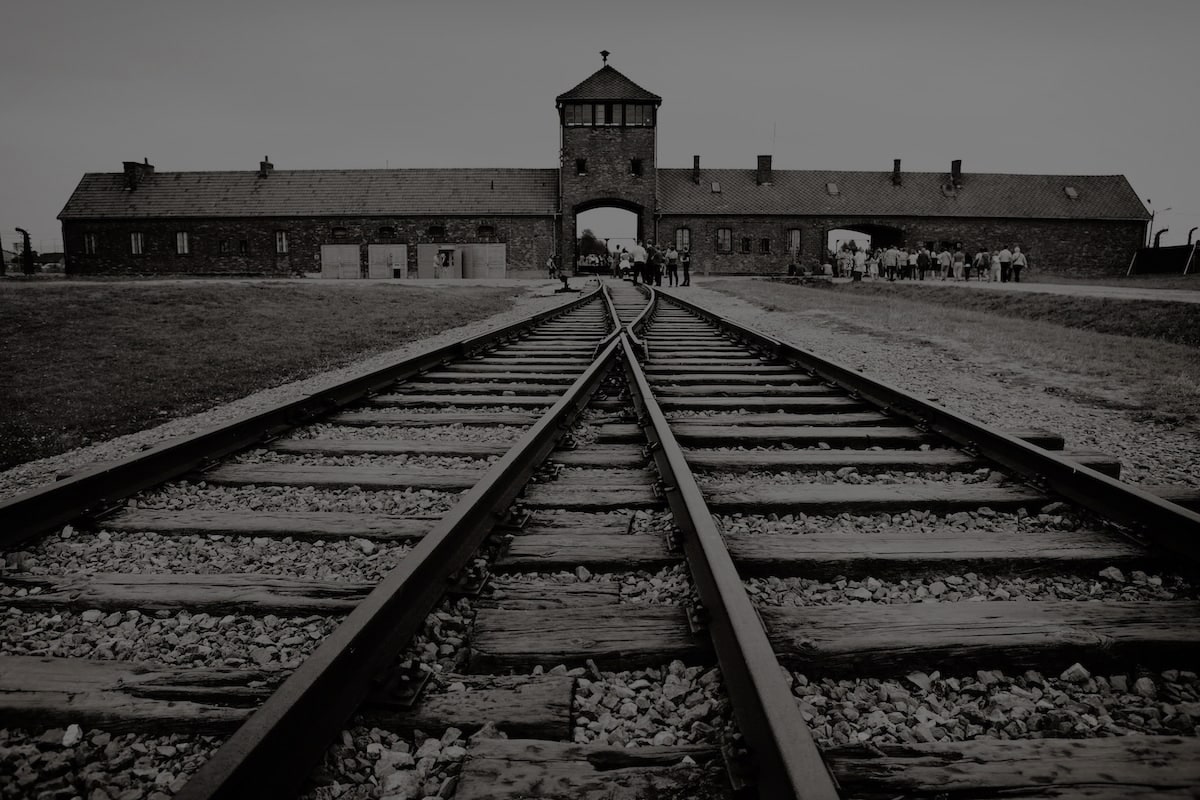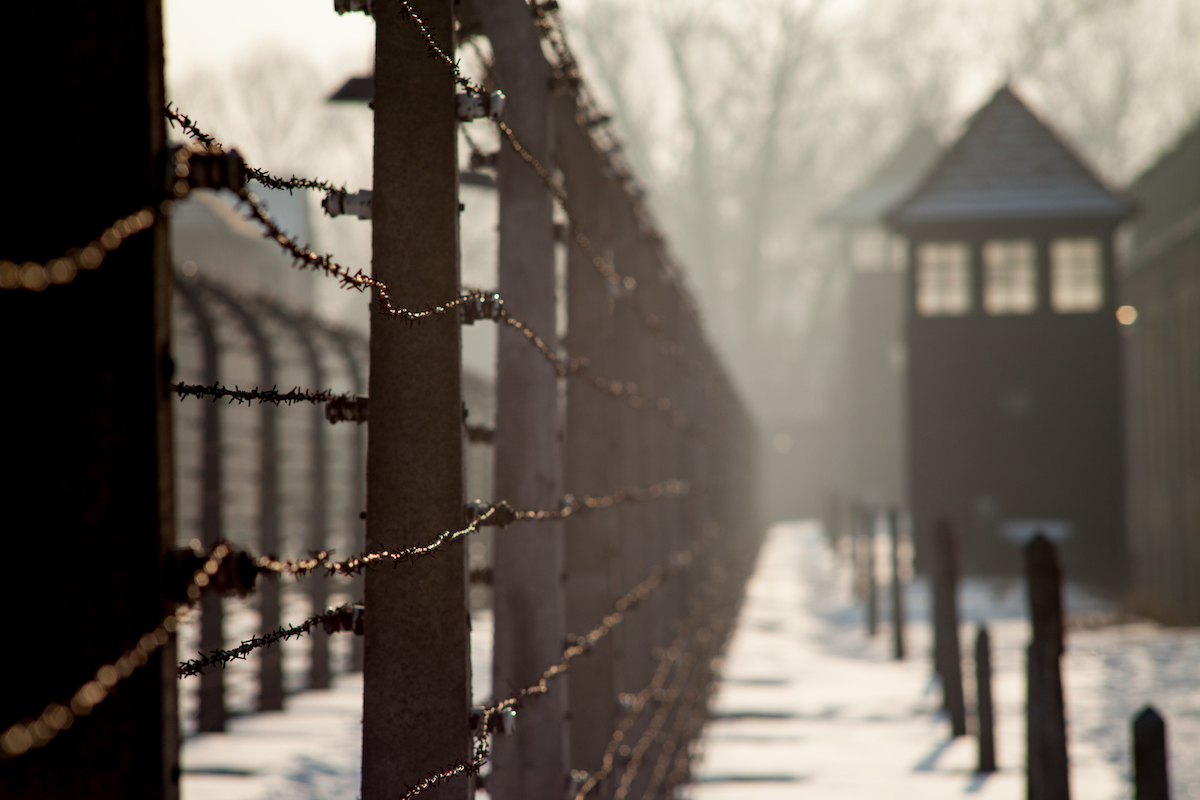The Jerusalem Post published a column by EAJC President Dr. Michael Mirilashvili. The article in English is provided below.
Recognition of the Holocaust on a state level should not be a matter of politics. It should just be done
It was just 80 years ago. On 20th of January, in a cosy suburb of Berlin the terrifying decision was made, luckily never to become a complete reality. The decision was to apply the ‘Final Solution’ – literally to exterminate the Jewish population of the Eurasian continent and not only. For somebody who isn’t familiar with the story of Wansee conference, especially nowadays, it may sound like something very abstract and not realistic. Unfortunately it was not so back in 1942. Germans, who made this decision, were pretty well planed regarding the execution of this monstrous plan. The rest is history.

As we move further and further away from these events, and for some they tend to seem more and more abstract and less relevant today, the issue of official Holocaust recognition is becoming even more crucial. Obviously, not always the historical facts are something that we easily agree on as nations and states. Moreover, in a world where ideologies are spreading way faster than ever, where gaining popularity for some bizarre, ungrounded theories – is sometimes a matter of days, historical truth is somewhat a ‘rare element’ that has to be preserved. Sadly even such a tragedy for the Jewish people and the whole world is becoming a matter of politics.
That’s why an International Holocaust Remembrance Day on 27th of January is not just a formality, especially when it’s adopted as an official memorable date on a state-level. Recently, Azerbaijan made a decision to officially mark the International Holocaust Remembrance Day on January 27. It was stated by the President of the Republic Ilham Aliyev during a meeting with the President of the Foundation for Ethnic Understanding, Rabbi Mark Schneier, a well-known supporter of the Judeo-Muslim interfaith dialogue. What’s making it even more special, Azerbaijan will become one of the few Muslim-majority countries to officially commemorate Holocaust victims.
In April 2021, as a part of ‘Abraham Accords’ normalization deals, the UAE became the first Muslim country to officially celebrate Israeli Yom HaShoah (27th of Nisan according to the Jewish calendar) along with the International Remembrance Day. In the summer of 2021, for the first time in the Arab world, the UAE hosted an exhibition dedicated to the Holocaust at The Crossroads of Civilization Museum in Dubai. Last year, Dr. Muhammad Al-Issa, former Foreign Minister of Saudi Arabia and current Secretary General of the League of Arab States, visited Auschwitz as part of a Jewish-Muslim delegation.
Holocaust Remembrance Day is also officially marked in Albania – a Muslim-majority country as well. In 2020 a monument to the memory of the victims of the Holocaust was opened in Tirana. Albania is proud of the fact that during the Second World War, Albanians fiercely defended local Jews, and this area became the only one in Europe where the Jewish population increased during the war.
These official steps of Holocaust commemoration, especially in a Muslim world, – are a significant move forward, but not sufficient for the eradication of Holocaust denial trend. In this regard a next reasonable step would be adopting the working definition of antisemitism developed by the International Holocaust Remembrance Alliance. Among other aspects, this broad definition includes denying the fact, scope, mechanisms or intentionality of the genocide of the Jewish people at the hands of National Socialist Germany and its supporters during World War II. An IHRA definition, in our view, provides a solid legal base for fighting Holocaust denial and should be adopted by more states.
Euro-Asian Jewish Congress is actively involved in promoting the IHRA definition among states of the region and consistently urges its leaders to form a clear policy regarding Holocaust memory.
In April 2021, the Parliament of the Republic of Moldova adopted a law criminalizing Holocaust denial, propaganda of xenophobia, racism and fascism. Chairman of the Jewish community of Moldova, Vice-President of the EAJC, Alexander Bilinkis, was directly involved in the development of this law. In September, the similar law, which also includes criminal liability for Holocaust denial, was adopted in Ukraine.
Still we see swastikas on Jewish monuments or gravestones in Moldova and mass marches, glorifying Nazi collaborators in Ukraine. In Russia, where according to the polls in the latest EAJC publication on antisemitism, most of the respondents heard about Holocaust, on a seminar for school principals in St. Petersburg the host appeared to be a dedicated Holocaust denier. Worth mentioning though that this lecturer was fired. But change doesn’t happen overnight. Proper legislation at least can help to hold the offenders accountable.
Ultimately, in terms of history, 80 years is a very short period of time. But as we can see, in terms of reality perception and historical truth, it can be quite challenging. With all the evidence, with all the preserving and educative efforts, Holocaust recognition and denial is still a major issue. In times when it became a question of politics and agenda, we do call on the authorities of all countries to pass legislation prohibiting the Holocaust denial, ratify the IHRA definition of antisemitism and integrate Holocaust studies into government educational programs.




